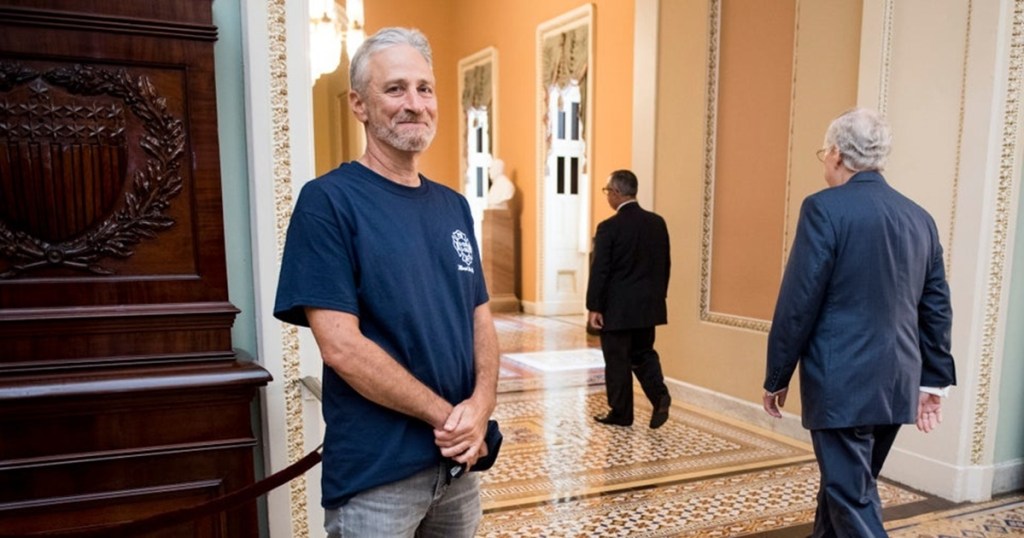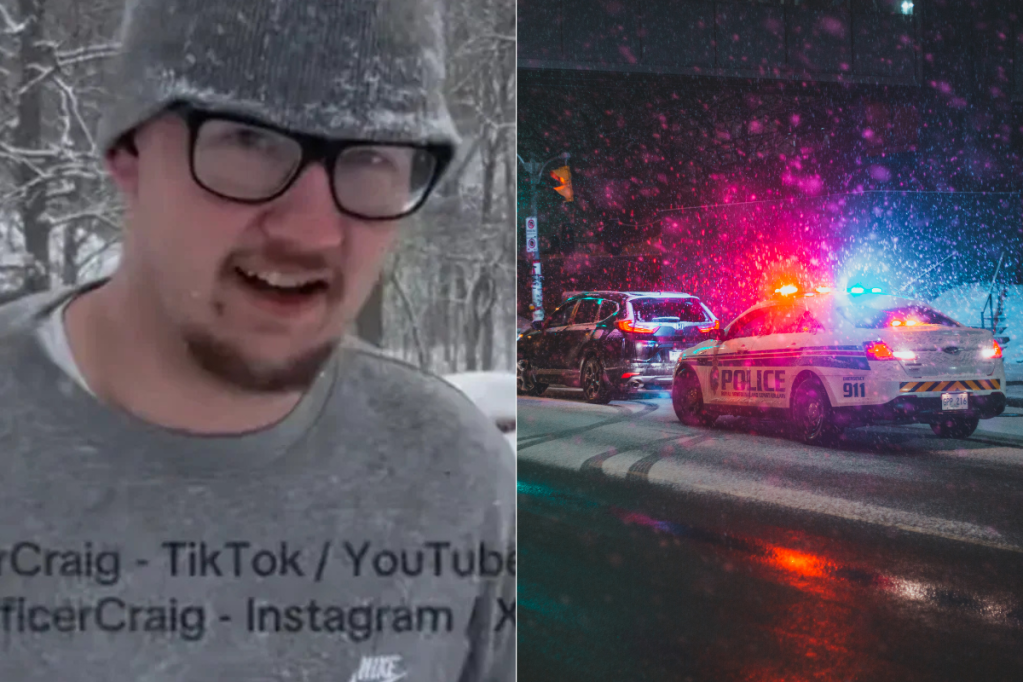After the attacks on 9/11, the U.S government has had little problem spending over $6.4 trillion on the War on Terror. For some perspective, the U.S. government’s total expenditures last year was $4.4 trillion.
Direct combat has killed over 800,000 people, including 350,000 civilians, and displaced over 37 million people.
The U.S, government has unflinchingly wasted all of this blood and treasure but has dragged its feet repeatedly to pay the healthcare bills for first-responders to the 9/11 terrorist attacks.
Tens of thousands of police, firemen, and rescue workers who sifted through the smoldering rubble on 9/11, while breathing in a toxic cloud of debris, have since come down with a host of health issues, including rhinosinusitis, gastroesophageal reflux disease (GERD), asthma, sleep apnea, cancer, posttraumatic stress disorder, respiratory disease, chronic obstructive pulmonary disease, depression, and anxiety disorder.
“We will never know the composition of that cloud, because the wind carried it away, but people were breathing and eating it,” Dr. Michael Crane, at the World Trade Center Health Program, told Newsweek in 2016. “What we do know is that it had all kinds of god-awful things in it. Burning jet fuel. Plastics, metal, fiberglass, asbestos. It was thick, terrible stuff.”
In America, even with insurance, chronic disease can leave a family in financial ruins.
Recent analysis has found that close to 10,000 first responders have been diagnosed with cancer and over 2,000 deaths have been attributed to illnesses caused by the attacks. It’s estimated that more people have died from toxic exposure than were killed in the actual attack.
Former “The Daily Show” host Jon Stewart has been a tireless advocate for the 9/11 first responders. Last year, when funds for the most recently-authorized bill to help pay for first responders’ healthcare, became depleted, Stewart gave a passionate speech to an empty Congress.
“It’s an embarrassment to the country,” Mr. Stewart said, criticizing members of Congress for skipping the hearing.
“And you should be ashamed of yourselves,” he scolded.
After Stewart’s rebuke, the House Judiciary Committee unanimously voted to send the bill to the House floor for consideration. The Victim Compensation Fund was then been extended through 2092, funding health care for first responders for life.
Now Stewart, 9/11 activist John Feal, and FDNY hero, Ray Pfeifer, are the subject of a new documentary on their collective fight to ensure healthcare and compensation for the thousands of ailing first responders.
The film is called “No Responders Left Behind” and has yet to have a release date.
“John Feal and all the first responders have done so much for me, for the community, for the city, for the country. To be able to repay some of that debt that I feel I owe them personally, that we all owe them, is the best feeling,” Stewart said, according to Variety.
“Being a small part of this journey is the one thing I’m most proud of. I will follow John anywhere he wants to lead me next,” he added.
“For many, the last 18.5 years has been about passing legislation and fighting for justice for those affected by the aftermath of 9/11. I cannot say the same for me,” said Feal.
“It has never been about passing legislation, donating money or the accolades,” he continued. “It has always been about the journey from where we started to not knowing when it will end. It has been about the friendships and all the people I love and now call my family.”
The news of the documentary comes as reports show the Trump administration has siphoned off $4 million from the FDNY World Trade Center Health Program. The program treats FDNY firefighters and medics suffering from 9/11-related illnesses.
“Here we have sick World Trade Center-exposed firefighters and EMS workers, at a time when the city is having difficult financial circumstances due to COVID-19, and we’re not getting the money we need to be able to treat these heroes,” David Prezant, the FDNY’s Chief Medical Officer, said according to New York Daily News.
After years of complaining about the mysterious funding depletion, Prezant consulted Long Island Republican Representative Pete King and it was discovered it was due to a Medicare dispute with the state of New York.
King intends to confront Vice President Mike Pence over the issue.
“I gotta tell him,” King said. “Forget the politics. I don’t want to sound naive, but this is terrible, absolutely inexcusable.”



























